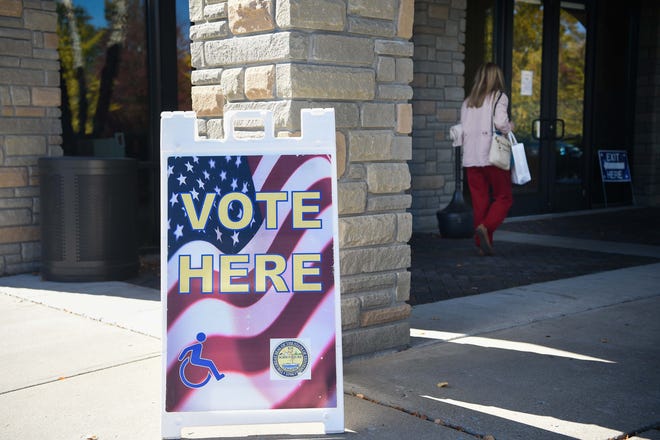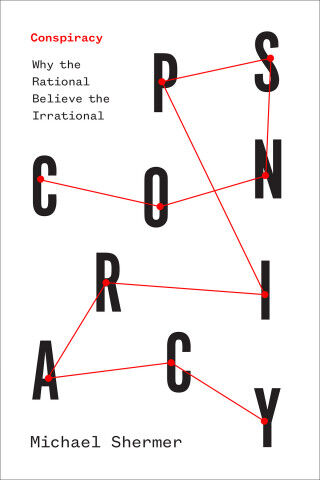Civil rights advisory committee recommends Tennessee expand absentee voting access

The Tennessee Advisory Committee to the U.S. Commission on Civil Rights recommended this week that Tennessee expand access to absentee voting amid apparent “deficiencies” found in an ongoing study of the state’s voting laws and barriers to the ballot box.
The committee issued an interim memo with the guidance, which the commission can now choose to send to the Tennessee General Assembly and Gov. Bill Lee as a formal request.
The memo arose during an ongoing study into the impact of voting restrictions during the COVID-19 pandemic and the civil rights impact of SB008, a controversial bill passed in 2020 that criminalized some protests in the state.
“Through the testimony presented to the Committee, we have gained a better understanding of the varying obstacles that many Tennesseans face to fulfill their right to vote,” committee chair Shaka Mitchell said in a statement. “These barriers became even more pronounced and confusing with the changes in procedures caused by the COVID-19 pandemic. The Committee’s goal is to develop final, actionable recommendations to the Commission that will take these lessons learned into account and improve these processes for future elections.”

Tennessee is among a minority of states who rely on “excuse” absentee voting, requiring voters to apply with an approved reason to obtain an absentee ballot.
“Tennessee also continues to require that absentee ballots be returned by mail and received by the close of polls on Election Day,” the memo states. “In some other states, voters may hand-deliver ballots to election offices and polling places that provide secure ballot boxes.”
Tennessee voter turnout has trailed most of the country in recent years. Though one of the earliest adopters of an early voting period, its now in the minority of states to implement two systems that some advocates say restricts voting access.
Tennessee is one of just 15 states that implements the maximum voter registration deadline window, requiring citizens to register 30 days before an election. Other states deadlines closer to election or allow same-day registration. Tennessee also joins just eight other states with a “strict” voter ID law, according to National Conference of State Legislatures data, that requires voters to provide additional identification within two days after an election day if they try to vote without photo identification
Casting ballots:Less than 20% of Tennessee’s registered voters cast ballots in August primary. Here’s why.
Easing ballot access:Amid strict voting laws, some Tennessee counties seek to ease ballot access
Hedy Weinberg, director of the ACLU in Tennessee, testified the photo ID law may have a disproportionate impact on Black Tennesseans, citing data that 25% of Black Americans lack a photo ID compared to 8% of white Americans. While valid, non-driver photo IDs are issued at Tennessee driver license centers, the commission noted 31 of Tennessee’s 95 counties “lack the facilities to process a photo ID.”
Tennessee has successfully fought multiple efforts to expand the ID category.
The committee also recommended Tennessee reopen any polling locations it closed during the pandemic, in addition to:
- providing “adequate and equitable staffing” for polling locations, “particularly in counties or areas with higher percentages of Latino and Black voters”
- keeping polling locations “open as long as possible on Election Day to equalize access to the polls for all citizens regardless of location.”
- reopening polling locations that were closed during the 2020 election to assure equitable access to the polls
Committee member Ammon Smartt, a Brentwood attorney, dissented to the interim memo, saying the testimony heard by the panel had so far been “from advocates on one side of the political spectrum.”
Crack down on protesters:Tennessee legislature cracks down on protesters, making it a felony to camp overnight outside Capitol
The committee invited around 65 people to testify before the committee during a series of six panels over the last year, and it published details of who did not respond or accept the invitations.
“In my view this committee is not yet in a position to draw any conclusions or make any recommendations based on the testimony received to date,” Smartt.
The Tennessean has reached out to the Secretary of State’s office for comment.
Reach Melissa Brown at mabrown@tennessean.com



